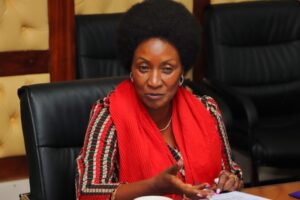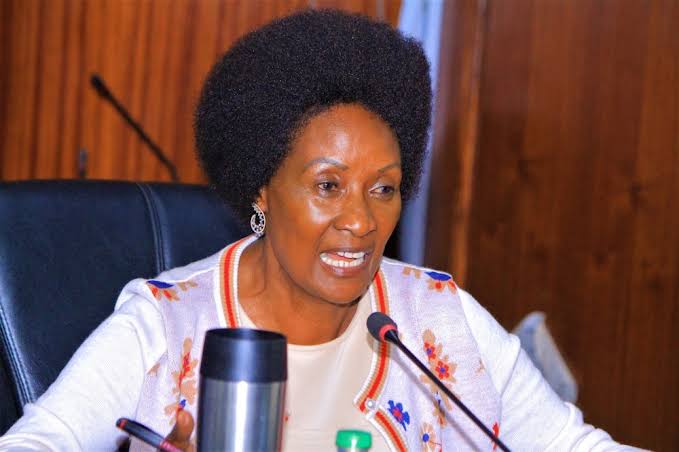TSC To Appoint Three Deputies In All Schools. It is expected that the Teachers Service Commission (TSC) at each school will choose three deputy headteachers to assist the principal in managing the comprehensive schools.
President William Ruto has already received the report from the Presidential Working Party on Education Reforms [PWPER], which includes recommendations and findings that align with this.
The academic standing and years of service of the professors who were chosen for these administrative positions are not yet public knowledge.
TSC To Appoint Three Deputies In All Schools
The PWPER report has so far suggested a number of modifications, particularly with regard to the current primary school system and the suggested Comprehensive schools.
More details on the new changes proposed by Presidential education reforms
1.On Schools Management
The new comprehensive school will be led by a principle nominated by the TSC, who will be supported by three deputy headteachers. In contrast, current primary schools are run by a head teacher and one deputy head teacher.
2.On the school Structure
Subsequent to the termination of the 8-4-4 system in primary schools, which accommodated eight classrooms, new comprehensive schools will house three educational levels: pre-primary, primary, and junior secondary.

3.On the schools Funding
Under the Primary schools , funding is mainly from the government,while in the new Comprehensive schools, there are four ways of funding education suggested.
They include;
The learners from well-off families to be paying fees
The enhanced government capitation
Government annual essential package (A flat rate package varying for different school levels)
Sponsorship
private -public partnerships.
With the primary school funding model of education having not been reviewed since 2003, new comprehensive model proposes a mandatory funding review for every after three years.
4.On Teachers teaching the schools
Records with TSC indicate that the number of primary schools teachers stands currently at around 223,296.
The comprehensive school proposes for this number to grow by more than half the current to 390,000 by 2024.
5. On Infrastructure development
Under the current primary school system , the Ministry of Education decides on the schools to be expanded and those receiving infrastructural development.
Whereas in a comprehensive system, the school infrastructure development will be devolved to the constituencies and funds allocated for the same.
6.On matters Examination
Under the primary school system , learners have sit-in examinations only.
Whereas in comprehensive system, ICT systems is proposed to enable virtual assessment in schools.
TSC To Appoint Three Deputies In All Schools
